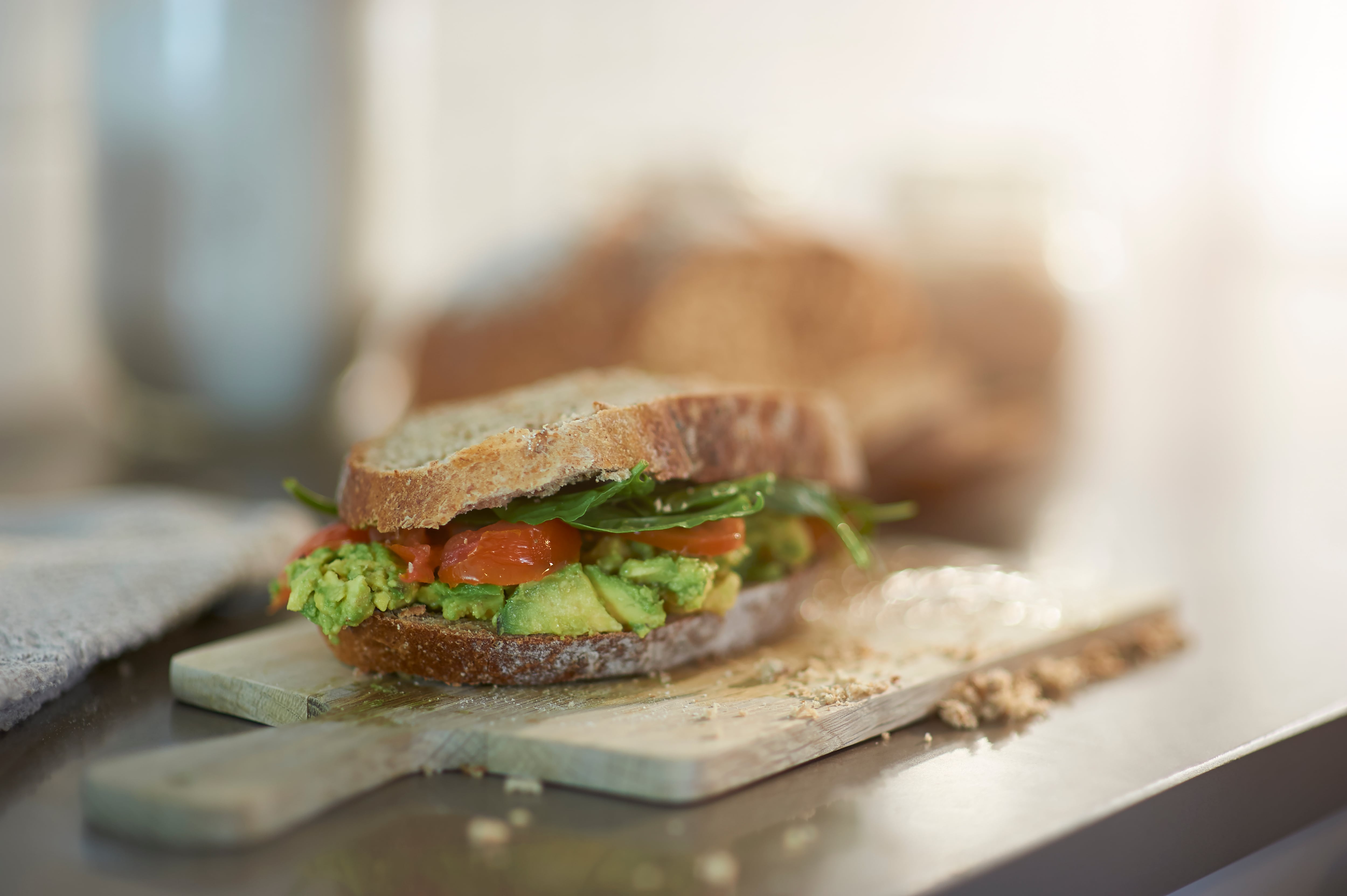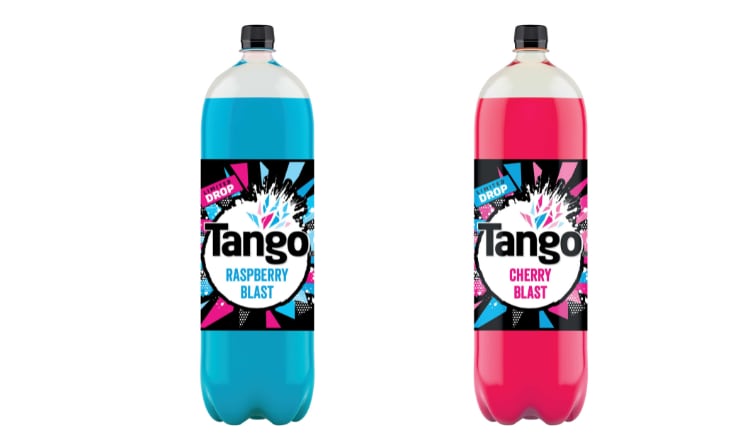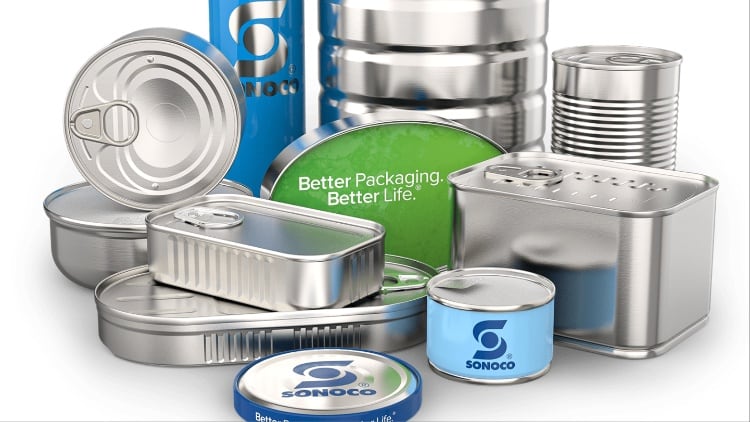On 2 April, it was announced that the Bakkavor board was backing an improved takeover bid from Greencore after rejecting the convenience food manufacturer’s first two offers. The third offer valued Bakkavor at 85p per share, plus 0.604 Greencore shares for each share held.
The deal remains subject to an agreement being reached on the other terms of the offer, as well as regulatory clearance, but should it go through Greencore shareholders would own approximately 56% of the £4 billion turnover combined group, with Bakkavor shareholders owning the remaining 44%.
Asked about the implications of the deal, Kirk Brazier, growth director at ESA Retail, said that it marks a “significant shift” in the UK food sector.
“Persistence has paid off for Greencore in the acquisition of Bakkavor, creating a £4 billion powerhouse in convenience and fresh prepared foods,” Brazier told Food Manufacture.
“The deal instantly enhances Greencore’s market position, whilst also expanding its product portfolio and strengthening its supply chain efficiency. It will be interesting to see how almost certain challenges around the integration of the businesses and any scrutiny over competition as this merger, and their strategies develops.”
In terms of its impact on retailers, consumers and rival food manufacturers, the picture is somewhat mixed. Brazier said that from a retail perspective, the deal presents both opportunities and challenges.
“On the positive side, the combined scale and expertise should lead to greater innovation, improved supply chain efficiencies, and possibly more competitive pricing,” he explained.
“However, with a £4 billion market presence, the new entity may have increased bargaining power, which could impact retailer negotiations and pricing structures. Retailers will be watching this one closely.”
Food analyst and consultant at Wilkin Chapman Rollits, Julian Wild, agreed that the deal may provoke anger from retailers, but said that the consolidation would create much needed synergies.
“This was a deal that had to happen and both sides needed,” Wild told Food Manufacture.
“The private label supply base has been crying out for consolidation and these two players provide the biggest synergies. This was always going to be down to price and at the death Bakkavor has secured a good price.”
On the question of retailer reaction, he added: “The retailers may complain about the reduction in competition but they own the brands and they are paying the price for squeezing their suppliers for well over 20 years, resulting in a chronic lack of investment (with a few notable exceptions).”
Meanwhile, the director and founder of the food-focused Prof Consulting Group, Mark Field, noted that other convenience food manufacturers could be tempted to follow Greencore’s example.
“For some other major players in the category, it will be interesting to see if today’s news is the catalyst for future consolidation to remain competitive,” he told Food Manufacture.
“The food-to-go category is one of the most competitive and innovative in UK retail, and this deal combines scale, capability and purchasing power, while granting Greencore the opportunity to accelerate value and innovation.”
Elsewhere, trade union GMB demanded that the merger should not be accompanied by job losses and factory closures.
“Companies ‘assessing synergies’ is often management speak for cost cutting,” commented Eamon O’Hearn, GMB national officer.
“It is widely acknowledged by UK Government and the wider industry, that the UK food and drink industry needs more capacity not less. GMB is calling for a commitment to no factory closures and no job losses.”
GMB also noted that the deal might well face scrutiny from the Competition and Markets Authority (CMA), the UK’s principal competition regulator.
“This is a massive merger and could possibly pique the curiosity of the Competition and Market Authority’s new boss,” O’Hearn said, referencing Doug Gurr who was named as CMA interim chair in January.
On the topic of a potential CMA investigation, Marc Shrimpling, competition and trade partner at law firm Osborne Clarke, told Food Manufacture: “The fact that both companies supply into the leading UK grocers is likely to mitigate any concerns the CMA would have about the deal creating anti-competitive market power, due to the significant countervailing buyer power held by the leading supermarkets.
“Nevertheless, it is possible that at least in certain niche segments or categories, the CMA may have sufficient concerns to launch an in-depth, Phase 2 review, in order to fully test whether or not the deal would lead to higher prices and/or less value for money for UK consumers.”
Julie Hamilton, partner at law firm MFMac, added that the CMA’s perspective on the deal may be coloured by the growth mandate handed down from the Labour government.
“Past experience of merger control tells us the CMA will not be reticent to intervene,” Hamilton said.
“But this deal comes at a time when their emphasis on supporting a growth agenda is influencing their approach to deal making. Their scrutiny of a deal with these characteristics is therefore likely to be closely watched, especially given trends towards consolidation in the food sector and prospective deals for manufacturers that might face similar hurdles.”
Meanwhile, Shrimpling’s colleague Edward Persse, corporate and M&A partner at Osborne Clarke, explained that the deal was evidence of the continued appetite for transactions within the F&B sector.
“Although there are multiple casual dining chains reported to be on the market currently, my money would be on consumers spending tighter budgets on the ingredients and fast and convenience foods markets,” he added.
“With the quality of Bakkavor’s products and client base, this transaction makes a lot of sense.”
The CMA declined to comment when approached by Food Manufacture.




